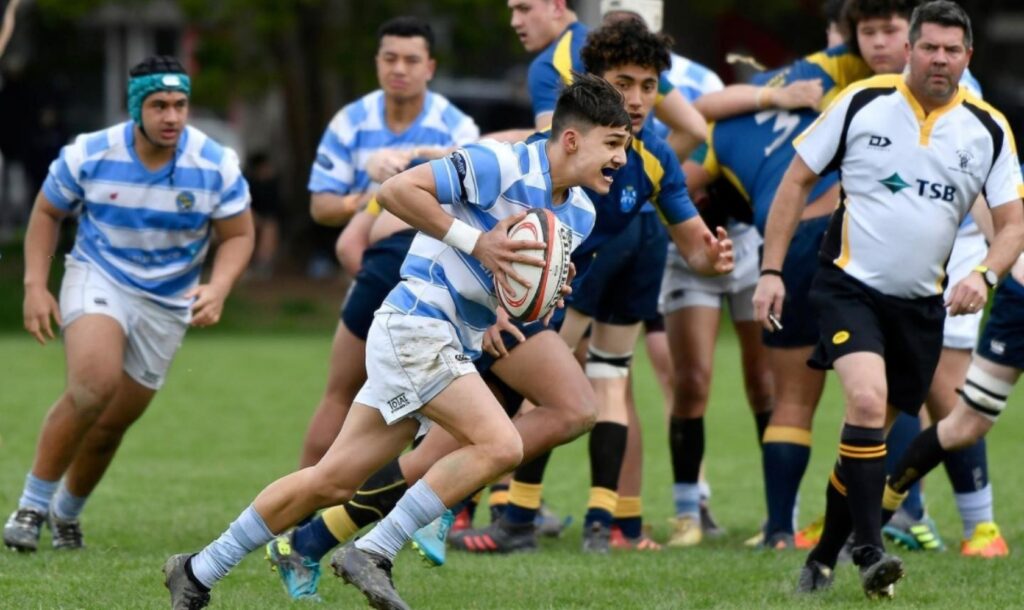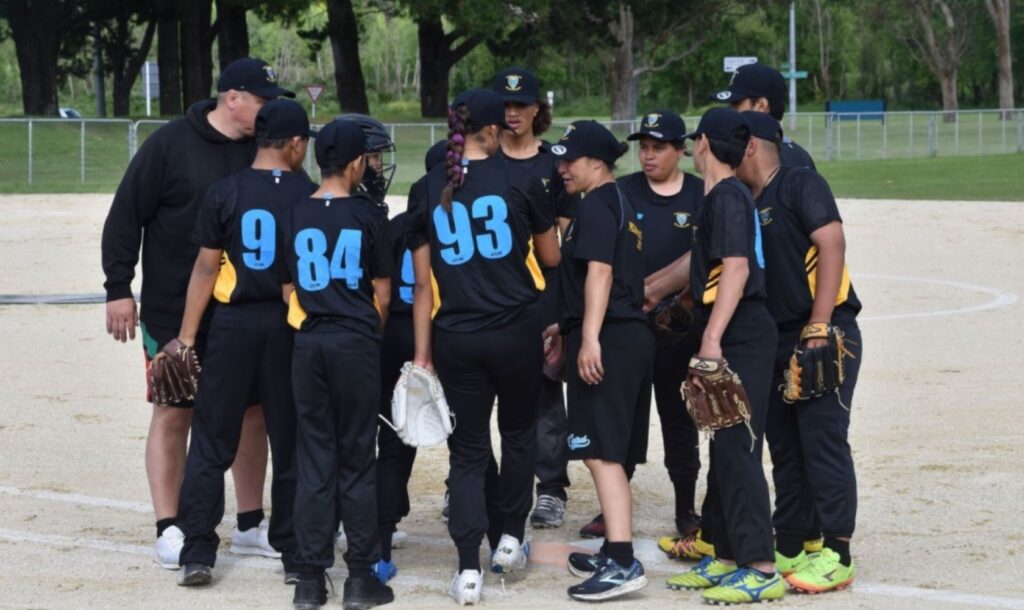Six major sports organisations in Wellington have agreed to improve the experience for players and parents by aligning their respective season transition dates.
In a first for Wellington, College Sport Wellington, Netball Central, Wellington Hockey, Capital Football, Wellington Rugby, and Cricket Wellington have unanimously agreed to align their season structures when the winter sport season commences in Term 2. The winter season will begin no earlier than the week beginning Monday 2nd May, 2022.
The decision is the result of a collaborative conversation between six Regional Sport Organisations (RSOs), College Sport Wellington, and Nuku Ora last August, which identified the systems and culture change needed to provide quality sport opportunities for youth in Wellington. The change is in line with Sport NZ’s Balance is Better evidence-based philosophy that supports quality experiences for all rangatahi regardless of ability, needs and motivations.
In early conversations, RSOs recognised that lengthy competition structures and high-volume training requirements in some codes were causing workload issues and scheduling clashes. This was having a negative impact on participant wellbeing, and all codes agreed to review their core season length, with a view that aligning seasons will allow room for rest and recovery and enable youth to participate in both summer and winter sports.

Lisa Jones, Chief Executive Officer of Wellington Hockey is delighted to have been a part of the collective approach. “The health and wellbeing of our young people is a top priority for us and this alignment will mean they will be able to enjoy their Hockey and look after themselves with less pressure than they may have been under before. With all sports now working together we can create fantastic opportunities for our young people in whatever sport they choose.”
CEO of Cricket Wellington, Cam Mitchell believes RSO’s working together will “promote a balanced approach to participation in sport. We are stronger when we are all working together and if we can play our role in keeping young people involved in sport for life, then everyone benefits.”
Increasing the break between seasons will ensure participants and their whānau enjoy an off-season break, with sports coming together to monitor and mitigate risks of early specialisation, overtraining, and overloading.

Matt Evans, Chief Executive Officer of Wellington Rugby, acknowledges this is just the beginning for collaborative decisions in the sector, “Although we all still have some work to do, this seasonal structure concept is a perfect example of how sports are collectively adapting and becoming more participant centric.”
Alex Chiet, Sport Development Lead at Sport NZ thinks it is fantastic to see this collaboration in support of Balance is Better, “It’s great to see that the codes are aware of the impact that long seasons and high training loads have on young people. The commitment to align seasons will certainly reduce this impact.
This change is helping those rangatahi participating in social sport as well as those who are striving for success. It is a great step towards ensuring the needs of our rangatahi are at the centre of what we do.”

The RSOs involved hope to see more local sport organisations make the move to align their seasons, to ensure rangatahi can continue to enjoy being active and participating in the sports they love. It is about young people staying involved in sport for life and finding ways to enable that to happen.










